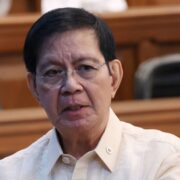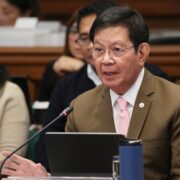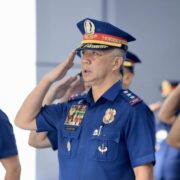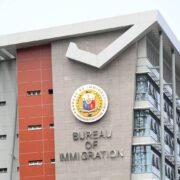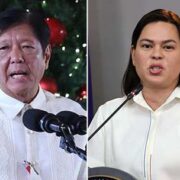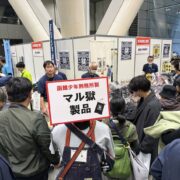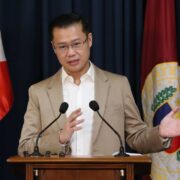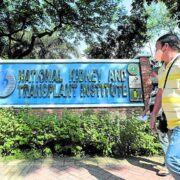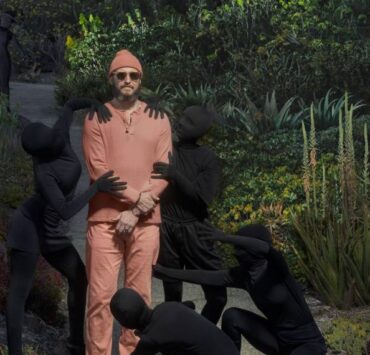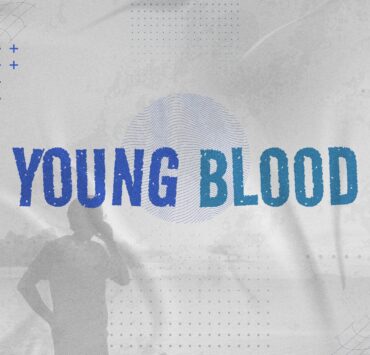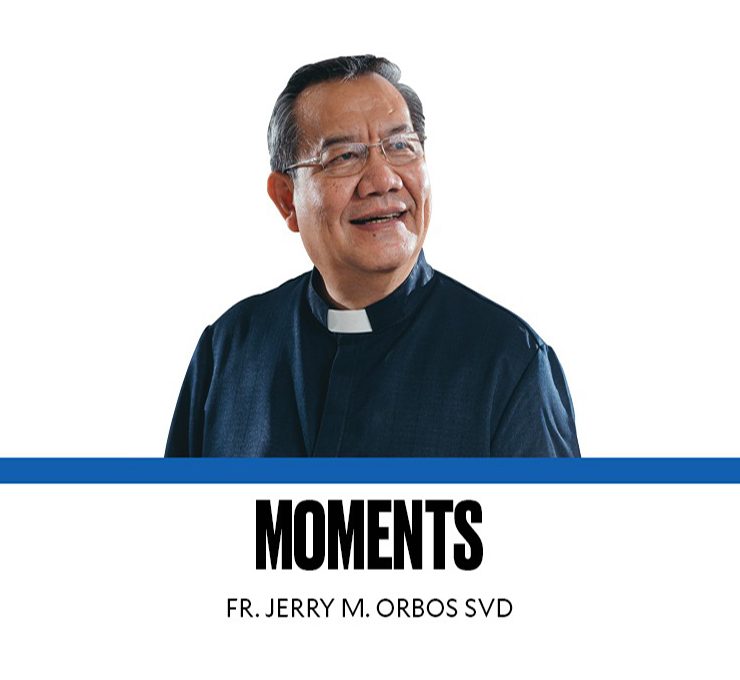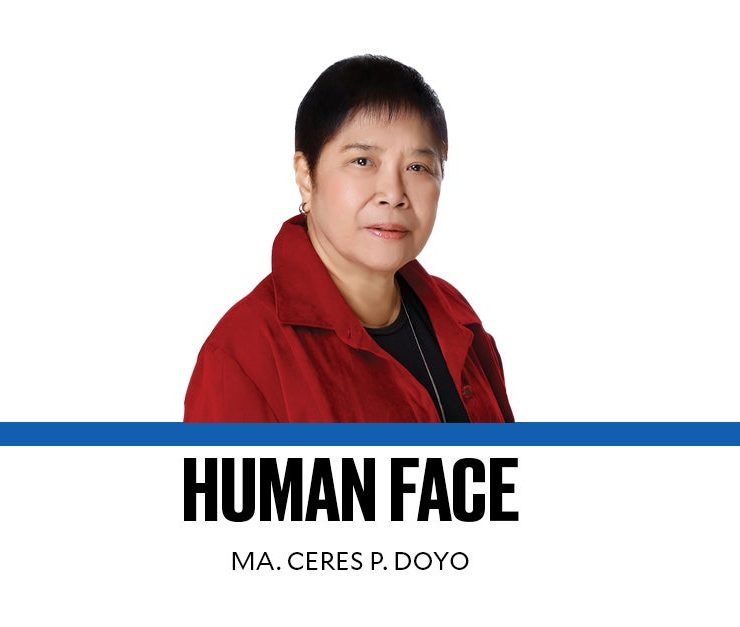The most trusted Pope
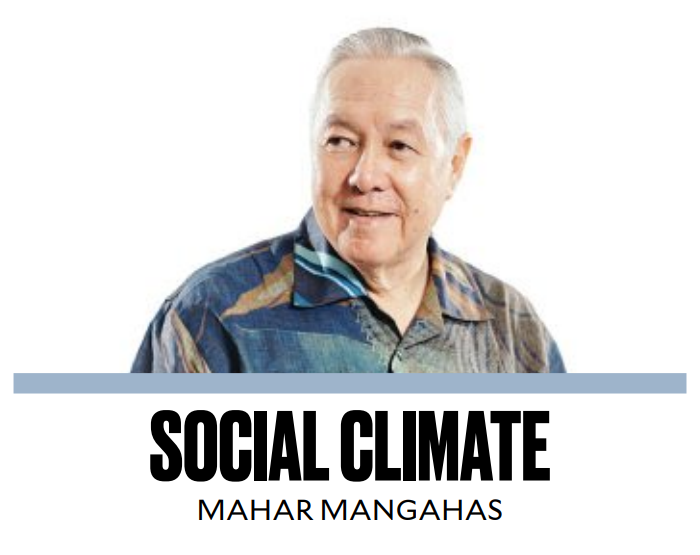
The word trust, pagtitiwala in Filipino, is a puny word for public regard for Francis the Pope and bishop of Rome. What about gratitude, admiration, appreciation, amazement, wonder, and, best and simplest of all, love? I think all those words apply, but trust happens to be the consistent term used in 11 Social Weather Stations (SWS) surveys that cover the last three Popes. (See “First Quarter 2015 Social Weather Survey: Pope Francis sets all-time trust record of net +81,” www.sws.org.ph, 4/8/15)
This survey question is an SWS standard for all public figures, political or non-political, Filipino or foreign. (We should get to Donald J. Trump in due time.) It has two degrees of trust and two degrees of distrust, around a middle or neutral state of trust. “Net trust” is the sum of positive trust percentages minus the sum of distrust percentages; it ranges between +100 and -100 in principle.
Trust in Pope Francis
In the record-setting month of March 2015—soon after his January 2015 visit to the Philippines—87 percent of adult Filipinos had much or else very much trust in Pope Francis, while only 6 percent had little or else very little trust in him, giving him a net trust score of +81 nationwide.
Disaggregated by religion, Pope Francis’ net trust score at that time was +90 among Catholics, only +2 among Iglesia ni Cristos, +67 among Other Christians, and +19 among Muslims. We know, of course, that Francis saw heaven as open to all religions, and even to those without any religion.
SWS calls net trust scores of +70 and up Excellent, +50 to +69 Very Good, +30 to +49 Good, and +10 to +29 Moderate. Single-digit scores of -9 to +9 are Neutral. For negative scores the terms are: -10 to -29 Poor, -30 to -49 Bad, -50 to -69 Very Bad, and -70 or less Execrable. There are actual cases for all categories.
In two prior SWS surveys, Pope Francis’ net trust was +59 in September 2013 and also +59 in December 2014. With his later scores of +75 in June 2015 and +74 in December 2022, Francis scored Excellent three times and Very Good twice.
Trust in other Popes
Filipinos have always had a very high regard for the bishops of Rome. For Pope John Paul II (1978-2005), the SWS has net trust scores of +65 in December 1994, an Excellent +75 in April 1995 (he was here in January 1995, for a second visit papal after February 1981), +58 in December 2002, +62 in March 2003 and +58 in May 2005 (he had died on April 2, 2005). That makes four Very Goods and one Excellent.
For Pope Benedict XVI (2005-2013), SWS has a single net trust score of +59, Very Good, in September 2013. This was after his resignation on Feb. 28 and Francis becoming Pope on March 13 that year. Benedict died on Dec. 31, 2022.
Pope Francis appreciated surveys. Pope Francis was not a researcher, but a doer. I especially admire his reaching out to those of other religions, and unremitting efforts to help the victims of war in Gaza, in Ukraine, and elsewhere.
Yet what comes to mind the most is that, in October 2013, Pope Francis sent bishops worldwide a shopping list of questions, in preparation for an Extraordinary General Assembly of the Synod of Bishops in 2014, including the items below. (See “Pope Francis wants surveys,” 12/6/13)
“Is cohabitation ad experimentum a pastoral reality in your particular Church? Can you approximate a percentage?”
“Do unions which are not recognized either religiously or civilly exist? Are reliable statistics available?”
“Are separated couples and those divorced and remarried a pastoral reality in your particular Church? Can you approximate a percentage?”
“In all the above cases, how do the baptized live in this irregular situation? Are [they] aware of it? Are they simply indifferent? Do they feel marginalized or suffer from the impossibility of receiving the sacraments?”
On irregular marriages, “what is the estimated proportion of children and adolescents in these cases, as regards children who are born and raised in regularly constituted families? How do parents in these situations approach the Church? What do they ask? Do they request the sacraments only or do they also want catechesis and the general teaching of religion?”
I do not know (and should find out) how the bishops, from the Philippines and elsewhere, responded to Pope Francis’ call. Presumably their answers were incorporated in the final report of the Synod of Bishops to him, titled “The vocation and mission of the family in the Church and in the contemporary world.” (vatican.va, 10/24/15)
Pope Francis was such a good priest, and a man after my academic heart, whom I shall miss very much.
—————-
Contact: mahar.mangahas@sws.org.ph.
Dr Mahar Mangahas is a multi-awarded scholar for his pioneering work in public opinion research in the Philippines and in South East Asia. He founded the now familiar entity, “Social Weather Stations” (SWS) which has been doing public opinion research since 1985 and which has become increasingly influential, nay indispensable, in the conduct of Philippine political life and policy. SWS has been serving the country and policymakers as an independent and timely source of pertinent and credible data on Philippine economic, social and political landscape.


